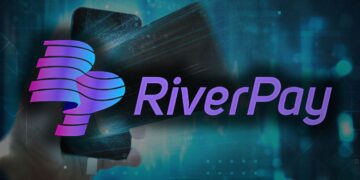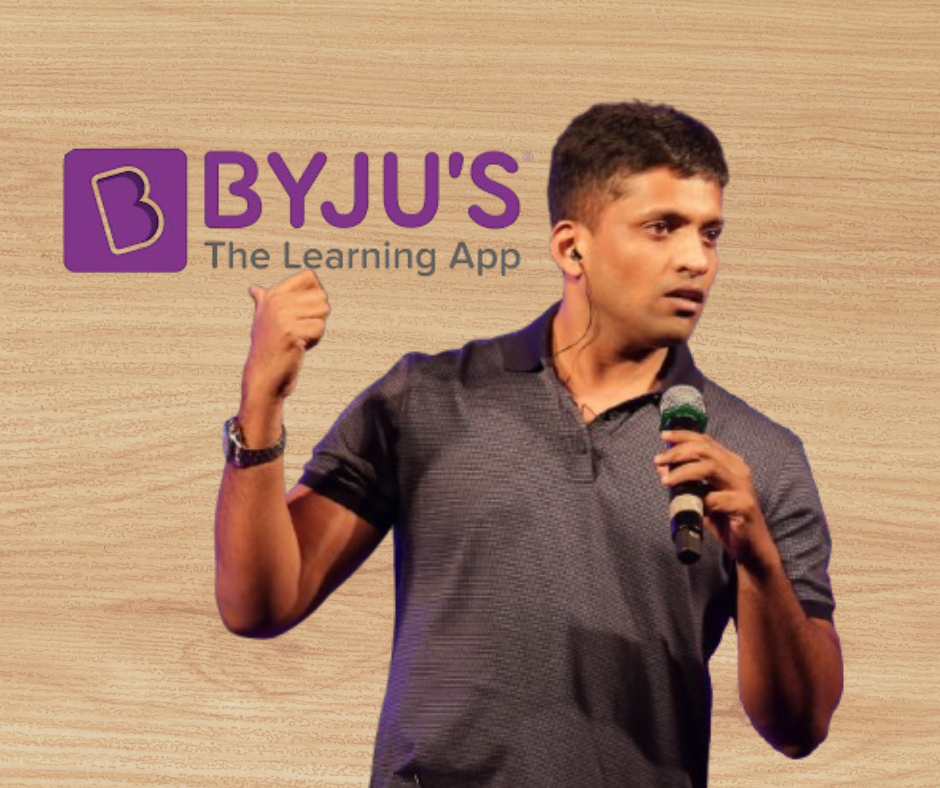The “No Thanks” app, available on the Google Play Store (after once being temporarily taken off), exists to empower consumers to make purchasing decisions based on their personal values. The app is meant to enable users to scan barcodes and check if a product or company supposedly “funds evil powers to kill the innocent,” with the majority of the targeting done to individuals associated with Israel. Here in this article, we discuss the app itself, its development, and the controversy surrounding it.
Read More: Pickaboo and the Rise of E-Commerce in Bangladesh: A Digital Retail Revolution
What is No Thanks?
As per its Google Play Store description, “No Thanks” helps in the discovery of boycott campaign products. The app enables users to scan barcodes quickly or look up serial numbers to see if a product is linked with companies that, as per the app database, are supportive of Israel. The app then shows “No Thanks” as a request not to buy those goods.
 How Does It Work?
How Does It Work?
The core functionality of the “No Thanks” application revolves around two key features:
Barcode Scanning: The user can scan the barcode of a product via the camera of their smartphone. The app will compare this barcode with its own database. If the barcode matches and the product or its parent company is marked as pro-Israel, the app will inform the user.
Serial Number Search: If barcode scanning is not possible or does not yield any result, the user can manually enter the serial number or the product name to query the database.
The result of the search, the app returns a determination of whether the product or company is boycotted. Although the app’s description does not indicate the nature of the information returned regarding the relationship with Israel, reports are that it is intended to advise the user “to what extent the manufacturer ‘supports Israel.'”
Read More: Jatri App: Revolutionizing Public Transportation in Bangladesh
The Genesis of No Thanks
The “No Thanks” app was allegedly created by Ahmed Bashbash, a Palestinian graduate who lives in Hungary. Bashbash has been quoted by several news agencies as having described that the application was created out of personal tragedy and need to allow consumers to make ethical decisions on the Israeli-Palestinian conflict. He is quoted as having lost his brother in the recent Gaza conflict and his sister due to a failure to attain timely medical intervention from Israel some years back.
The app gained traction, particularly among social media apps like TikTok, following an escalation of the Israeli-Hamas conflict in October 2023. It resonated with pro-Palestine individuals searching for ways to apply economic pressure and not spend money that benefited the Israeli economy.
Controversies and Criticisms
The “No Thanks” application has been met with universal controversy and criticism:
Accusations of Antisemitism: The app was briefly withdrawn from the Google Play Store because of a sentence of its original description: “You can see if the product in your hand supports killing children in Palestine.” It was perhaps antisemitic, recalling ancient tropes. Although this sentence has now been withdrawn, fears that the application is encouraging an inappropriately extensive and perhaps biased boycott still linger.
Accuracy and Scope of Boycott Lists: Questions are raised regarding accuracy and criteria for including companies as “supporting Israel.” There are indications that companies were listed for merely condemning Hamas’s attacks or investing in Israeli startups. Critics say the app is not sophisticated and could unfairly target companies with indirect or limited connections with Israel.
Success of Boycotts: Analysts also vary in their opinions regarding the economic success of such large-scale boycott initiatives. Some opine that the most significant impact is symbolic and might not be harmful to the boycotted economies.
Technical Problems and User Interface: A few users have also reported technical problems with the functionality of the app, such as the app failing to scan certain barcodes or giving incorrect information. A few users have also mentioned ads in the app, which were not appreciated by them.
Comparison to Past Boycotts: Some commentators have likened the “No Thanks” app to historical antisemitic boycotts, such as the Nazi-era slogan “Don’t buy from Jews.” That analogy has been disputed as historically inaccurate and potentially trivializing the Holocaust.
Current Availability As of late 2023, the “No Thanks” app had been briefly taken off the Google Play Store but was restored after the offending line was deleted. As of the time of writing (April 7, 2025), it is available on the Google Play Store under the developer name “BashSquare.” It is not known if an iOS version for Apple devices has been made available.
Conclusion
The “No Thanks” application is a digital tool for consumers who wish to make their shopping decisions in line with their political and ethical stance regarding the Israeli-Palestinian issue. By providing a platform to search for products linked to companies which are believed to be pro-Israel, it aims to facilitate a specific set of consumers to take part in boycott actions. Yet the app has also been widely criticized for its alleged biases, validity of information, and wide range of boycott targets. The backlash against the app illustrates the challenge and sensitivities of employing consumer activism as a political voice.
Share via:


















